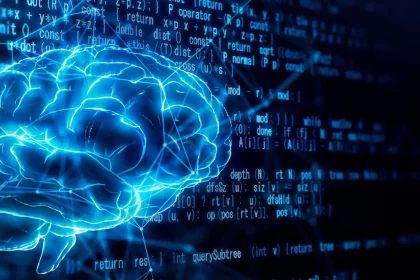Artificial Intelligence (AI) has quickly become the boardroom buzzword of 2023 – the game changer shifting virtually every aspect of our lives, writes James Kergon, who leads KPMG’s deal advisory business in Scotland and is the firm’s Scotland senior partner.
But amidst the hype, acronyms, and complexity, what exactly does it mean for those of us working in the Mergers & Acquisitions market (M&A), and is it replacing the art of dealmaking?
This year it became clear that rising prices, higher interest rates, and uncertainty about world events, were impacting market confidence and deal volumes.
Investment in Scotland’s markets cooled in the first half of 2023 as volatility and tough trading conditions took hold, and we’re likely to see reduced totals by the time Hogmanay arrives.
With a softer market, tools which can help dealmakers process vast volumes of data, identify intricate patterns, and generate insights are welcomed.
Improving the M&A deal lifecycle
We’re seeing generative AI being used to improve the M&A deal lifecycle in several ways:
Targeting and deal origination: Generative AI can analyse large amounts of data, including financial reports, market trends, and social media, to identify potential acquisition targets for investors. Valuation: AI models use historical transaction data, financial metrics, and industry benchmarks to generate accurate valuations quickly Due diligence: AI automates the analysis of legal documents, financial records, and market research, reducing the time and effort required for due diligence, allowing deal teams to focus on strategy Synergy: AI identifies and quantifies potential synergies between companies Transitional Service Agreement (TSA) design and delivery: AI assists in designing effective agreements, offering insights from knowledge banks, and suggesting appropriate wording. Post-deal value creation: Generative AI identifies growth and improvement opportunities for the new entity after M&A – helping to put post-deal strategies into practice.
Looking beyond the numbers
There’s no doubt generative AI is supercharging dealmaking. It gives us tools which can improve decision-making with unprecedented speed and accuracy.
But it also poses challenges, including data accessibility, data quality, and the risk of biased output. Because of this, we will always need people with financial analysis skills and good instincts to be part of the process.
Dealmaking has always been guided by instincts and is often a process which relies on creativity and teamwork.
Good dealmakers also consider the broader impact of their choices and navigate complex scenarios with less absoluteness than AI does, and that’s part of the beauty of the market – because we don’t do business in an artificial world.
AI can’t build the same types of relationships and trust with clients, colleagues, and other stakeholders involved in a deal that humans can.
It can’t make complex decisions based on ethics and values, and it can’t manage and motivate teams with the candour and emotion which is so often required in our line of work.
The good news is we don’t need to choose between AI and the human touch – we’re already using a blend of both to improve outcomes for clients.
What I think is clear is this: modern dealmakers who can tap into the power of generative AI, but also look beyond the numbers to make the big margin calls will be the ones making the biggest impact in 2024 and beyond.
Find out more
KPMG is a global network of professional firms providing Audit, Tax and Advisory services. For further information, see the website.



